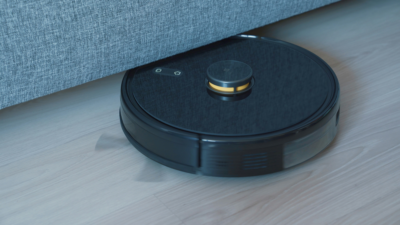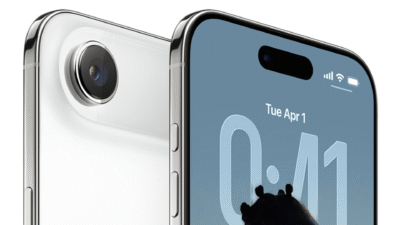Android Users Data Is Continuously Monitored: Research Claims

Android smartphone users have to live with the fact that sensitive data is constantly being sent to different companies. This ranges from identification features of the devices to telemetry data to information about the use of apps.
The main beneficiaries of the chatty Android systems are, of course, the respective device manufacturers as well as Google. In the factory state, the smartphones also send information to a number of other companies, including Microsoft, Facebook, and various lesser-known service providers. This is shown by a corresponding study by Trinity College in Dublin, Ireland.
The researchers there examined the data traffic of fresh Android smartphones from the four big brands Samsung, Xiaomi, Realme, and Huawei, in which all data transmissions were contradicted as far as possible and corresponding settings were made. What remains are only those outflows that can hardly or not at all be prevented even by resourceful users. In addition, the Android alternatives LineageOS and / e / OS have also been scrutinized, the providers of which promise, among other things, a plus in terms of data protection.

Exceptions to the forks
This showed that normal Android systems are basically all very communicative. There are differences between the manufacturers in terms of how extensively individual recipients are considered, and sometimes the third parties differ from one another. On-demand by BleepingComputer it was on the part of Google that data transmissions are virtually no alternative if you want to ensure the functioning of important basic services and the timeliness of the software used.
“We recognize the work of the researchers, but we do not agree that this behavior would be unexpected – that’s how modern smartphones work,” said a Google spokesman. The example / e / OS shows that there is another way. This is an Android fork that has also been optimized for data protection. This variant is currently used in the Fairphone models. With the appropriate settings, no data at all is sent to outsiders during normal operation. This is likely to be limited to the moments when an app or a system function is actively used, i.e. when the user checks for updates, for example.
Research Snipers is currently covering all technology news including Google, Apple, Android, Xiaomi, Huawei, Samsung News, and More. Research Snipers has decade of experience in breaking technology news, covering latest trends in tech news, and recent developments.










